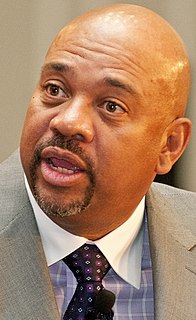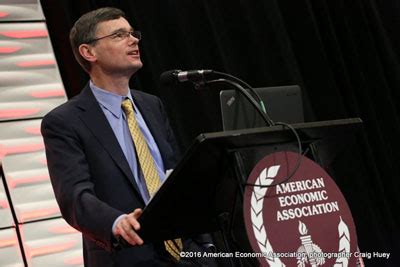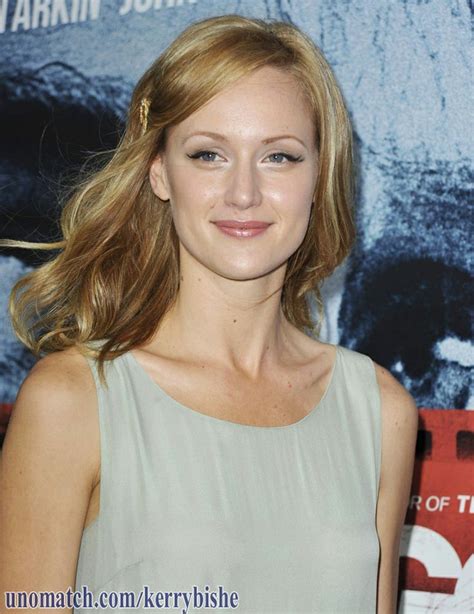A Quote by Carolyn Chute
It doesn't matter that millions read as long as you share it with somebody. So I don't really think about readers or editors. You especially should never think of editors - especially never think about reviewers.
Related Quotes
Chats are so new to newspapers, historically. But they're so incredibly valuable because editors/reporters/columnists get to find out what's on the minds of our readers, what you think we should be writing about, what ticks you off, what makes you happy. Sometimes it can confirm what you think readers are interested in; sometimes it can turn you around 180 degrees.
I really think that if there's any one enemy to human creativity, especially creative writing, its self-consciousness. And if you have one eye on the mirror to see how you're doing, you're not doing it as well as you can. Don't think about publishing, don't think about editors, don't think about marketplace.
Sometimes during a conversation with a journalist - where you are answering things you never normally talk about, not even with some of your closest friends - you end up being quite confessional, and you don't think about the amplification of that. No matter how fancy these journalists are, they have editors or political leanings behind their publications, which means that, basically, they're going to shape what you've said into an article they've already written. So you have to be really careful with your words.
Basically, I've reached the point where I've lost any direct relationship to any of the editors I used to have. I suspect I'll have to pay to publish this myself, and I think a lot about about putting out fifty copies. I used to think about hogwash like my legacy and silly things like that. But I feel like if I never have another book out, I've done okay, I've had like twelve or thirteen little books, and I won't be upset about this on my death bed.
I think a lot of people have the idea of an editor being someone who comes in like a dictator, and says, "You can't have that scene." And it never is like that - or perhaps some editors are like that and they're assholes, and they're not good editors. A good editor actually says, "I respect you" and they understand that you have a vision and they're actually trying to help you realize it.
In real life, there are some times where a partner has cheated on somebody, and that person never found out about it. I have to imagine that that's happened before. It's a thing we don't really want to think about, because it's maybe the most painful thing to think about in a relationship - 'What if I've been cheated on and never knew?'
Of course, you can never watch something like somebody else watches something like you, but nonetheless, you have to try. So I think on camera you learn a lot about how much the camera does for you, which is what is the great luxury of movie acting. Or acting whether it's TV or movies or whatever it is, that the camera's really such a gift because there's so much that it sees and does if you're willing to just be open and expose yourself and all of that. So you also learn what doesn't matter. And sometimes when you think about things, you think things matter that don't matter.
I treasure the fact there's media freedom, but with that goes responsibility. I think that there should be a self-regulatory organization and that they should start to think about standards. Because I think a lot of people say, "I don't know how to read what is true versus somebody else's interpretation."







































